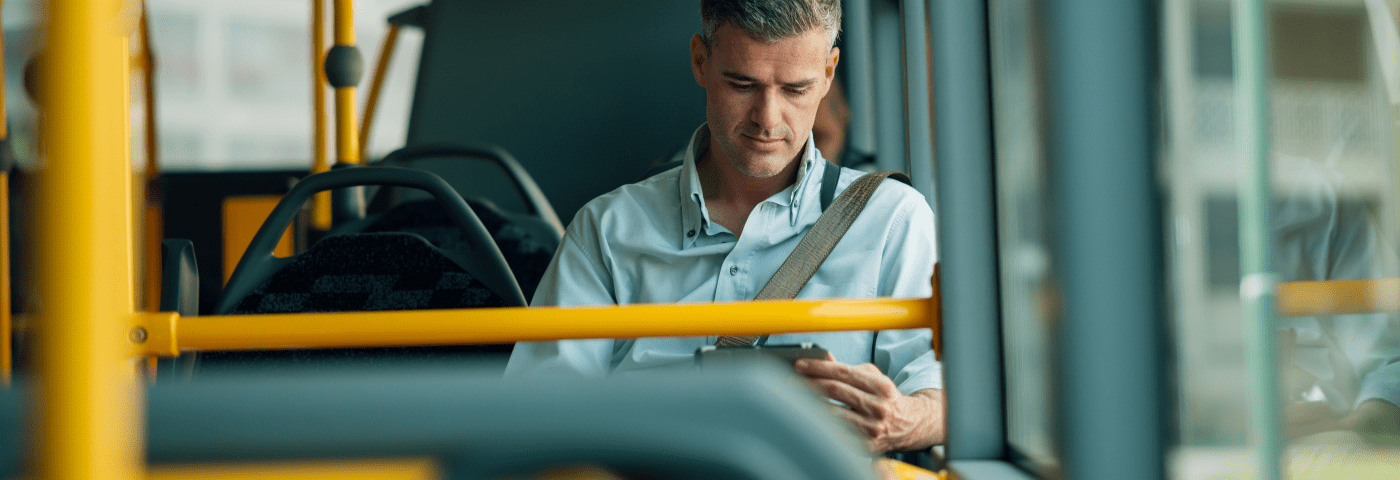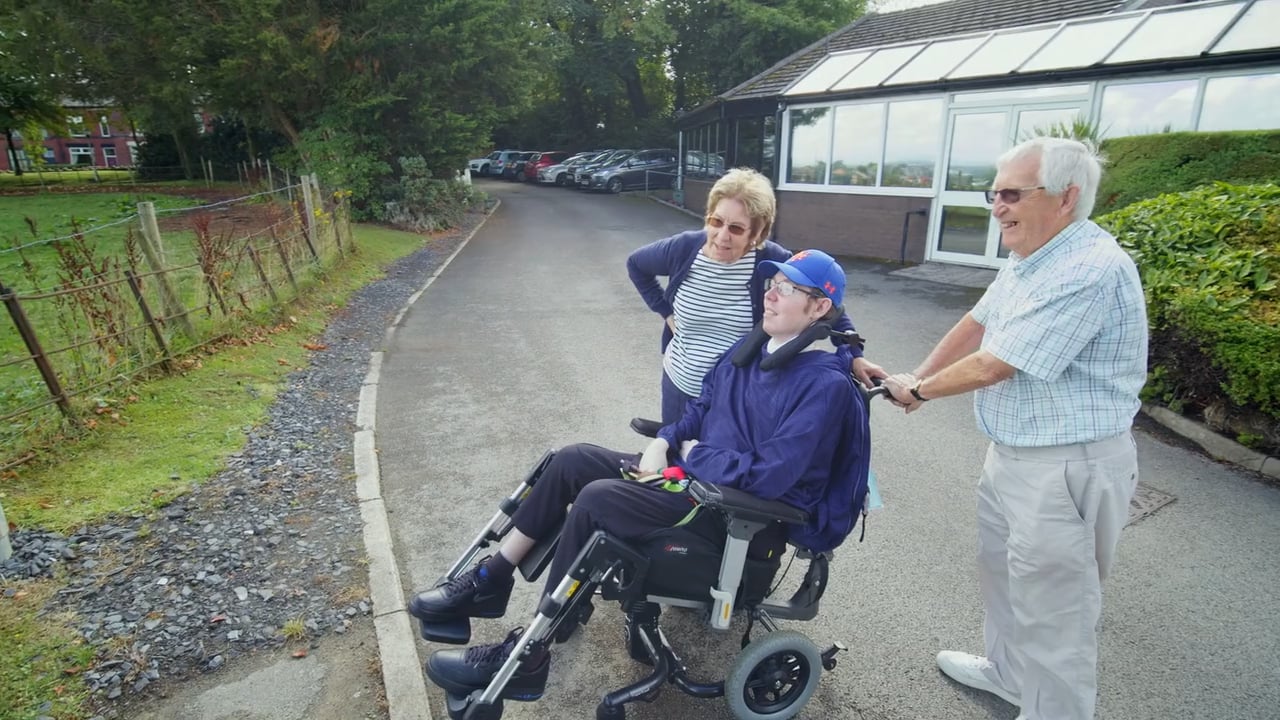About this location
Based in Bury, Lancashire, Priory Highbank Centre is a neurorehabilitation service. It offers residential support for 15 males and females with an acquired brain injury (ABI), progressive neurological condition (PNC) and associated physical health needs.
Our team are dedicated to providing the best possible care to our residents in a safe and homely environment. From personal care, rehabilitation to social activities, we aim to provide a range of services that promote physical, emotional, and psychological wellbeing.
We can also support those who have:
- Conditions such as epilepsy
- Difficulties with communication
- Difficulties with swallowing
- May need respiratory support through a ventilator and/or tracheostomy
Services at a glance
Contact us
Click here to enable this content
About our service
Our facilities and environment
In summary, we offer:
- A large lounge with plenty of seating
- Kitchen and dining room
- Activities room
- Gym
- Sensory room
- Communal bathroom
- Communal wet room
- Quiet room
- Rehabilitation kitchen
- Rehabilitation laundry
We also have a garden, complete with:
- Secure fencing
- Lawn
- Patio
- Communal seating
- Shelter
- Wheelchair access
We also have specialised equipment within the home, such as sensory lighting, hoists and a lift. In addition, we have a mobility adapted vehicle to help us to meet the needs of the people we support.
Our bedrooms
All of our bedrooms are comfortable, welcoming and can be personalised to individual tastes.
Our approach to support
Everybody who lives at Highbank Centre has their own person-centred care plan, which is co-produced with input from the individual, their family members and professionals involved in their care. We aim to help everyone in our care to make their own choices about the support they receive. This may include support in a number of areas, such as going out in the community, personal care, cooking and cleaning, and maintaining family relationships. We also support the people we care for through rehabilitation programs to achieve their goals.
Our support approaches at Highbank Centre include:
- Positive behaviour support (PBS)
- Occupational therapy
- Psychiatry
- Speech and language therapy
- Psychology
The people who live at Highbank Centre are supported a local multidisciplinary team (MDT), as well as our own on-site MDT. In addition, we use tools such as the Outcomes Star™ to support our residents to achieve their goals. The lengths of the placements that we offer at Highbank Centre can be medium or long-term residential, depending on the needs of each person.
Activities
Everyone who lives at Highbank Centre has their own personalised activities planner and are encouraged to take part in activities which are meaningful and fulfilling to them. Our dedicated team organise a variety of activities at the home, as well as out in the community.
We focus on supporting our residents to grow their independence. For some people, this may mean developing their daily living skills within the home. For others, this could be accessing work or educational opportunities in the local community.
Pathways
Through our network of healthcare, residential and supported living facilities, we provide unique care pathways which help the people we support to progress towards greater independence. Every individual we support is provided with a bespoke pathway plan, tailored according to their individual needs. We aim to ensure that each person is supported to live a fulfilling and active life in the community.
Our team
Our highly experienced, multidisciplinary team consists of:
- Neurorehabilitation consultant
- Registered manager
- Deputy manager
- Support workers
- Senior support workers
- Physiotherapist
- Physio assistant
- Activities co-ordinator
- Psychologist
- Occupational therapist (OT)
- Cook
Our team receive specialist staff training, designed to meet the needs of each individual we support. This includes:
- Specific sensory needs training
- Catheter training
- Tracheostomy and ventilation respiratory training
In addition, our OT is licensed to undertake SMART® Assessments.
Comments from our residents and their family and friends
We called it “our little piece of heaven”
Family and friends FAQs
How does home leave work?
We support our residents to attend family events and visit their family homes. We will work with the resident and their relatives to ensure possible risks are managed and that everyone is supported. This may mean the individual’s key worker will come along on the visit. For those who are unable to visit their family home, we can support your loved ones with video calls.
Can friends and families visit?
Family and friends are welcome to visit. Visits are usually planned in advance to support individual needs. Unfortunately, family members cannot stay overnight.
Will I be involved and kept up to date with the progress of my loved one’s care and support?
Yes, we strive to keep the loved ones of our residents involved in their care. Families are regularly invited to meetings at the home, where they will meet with the residents’ support team and hear about recent happenings at the home. We can also arrange more regular catch-ups either in person or via telephone, to ensure families are kept informed.
Will my loved one be able to have a phone or call me?
Everyone who stays with us are supported to call their loved ones any time, via phone or video call. Family and friends are also able to call as often as they like. Our staff also support residents with using and setting up their own mobile phone and making video calls.
What are the bedrooms like?
Bedrooms are all furnished and residents are supported to personalise them to suit their needs and wishes.
Are external doors kept locked?
The external gate is kept locked due to the nature of the service. However every resident will be risk assessed which will detail the level of security needed. We have a large garden area where individuals can freely exit and enter the building.
What do residents eat and how do meal times work?
Meals are prepared by our onsite kitchen daily. Residents can choose what they want to eat from the daily menu and choose when and where they would like to eat their meals. We provide meals in line with guidance from our dietician and our onsite speech and language therapist for those who require a special diet.
How does laundry work?
Our team will ensure that residents always have access to clean clothes and bedding. We have laundry facilities where all clothes can be laundered at site.
Who does the housekeeping and domiciliary tasks?
We have a housekeeper who completes daily cleaning tasks throughout the day. Residents are also supported with cleaning and daily living tasks as part of their individualised goals.
Is there anything they can’t bring or have?
Residents are not allowed to bring illegal substances onto the premises. We would also ask that people do not bring high risk personal items into the house.
How do activities work?
Our activity programmes are personalised and incorporate all aspects of daily life and social/leisure pursuits. Our activities are also balanced with rest and periods of reduced stimulation. Leisure time helps to maintain relationships and support networks for our residents.
How will residents be supported with their behavioural needs?
Residents are supported with their needs by our multidisciplinary team.
Do residents and families have an input into the care plans?
Yes, we encourage families and extended support providers to be involved with the care plans. We use a variety of communication tools to work collaboratively with the person we care for to co-produce the plans so they are tailored to their needs. We value this important input from others, where appropriate.
What are the car parking facilities?
We have free on-site parking facilities.
What is the smoking policy?
We have a designated area in the garden for residents to smoke or to vape, and they can be supported to purchase cigarettes at the shop, if this is what they choose. However, we do promote healthy lifestyles and can support residents with smoking cessation programmes.
What are your fees and how are they funded?
Our fees can vary, and are based on an assessment of each individual's needs. Many people are eligible for financial help towards the cost of support, and this funding can be accessed by contacting your local authority. Once funding has been agreed, we will work with your local care team to put together a bespoke package of care. Please note, referrals for NHS or Local Authority funded services must come from a referring organisation.
How to make a referral
Our service provides high quality support to people with varying levels of need. Referrals can be made through the individual’s social care team or, if relevant, their local health authority. If you are a professional looking to make a referral, please call us or fill in our enquiry form.





